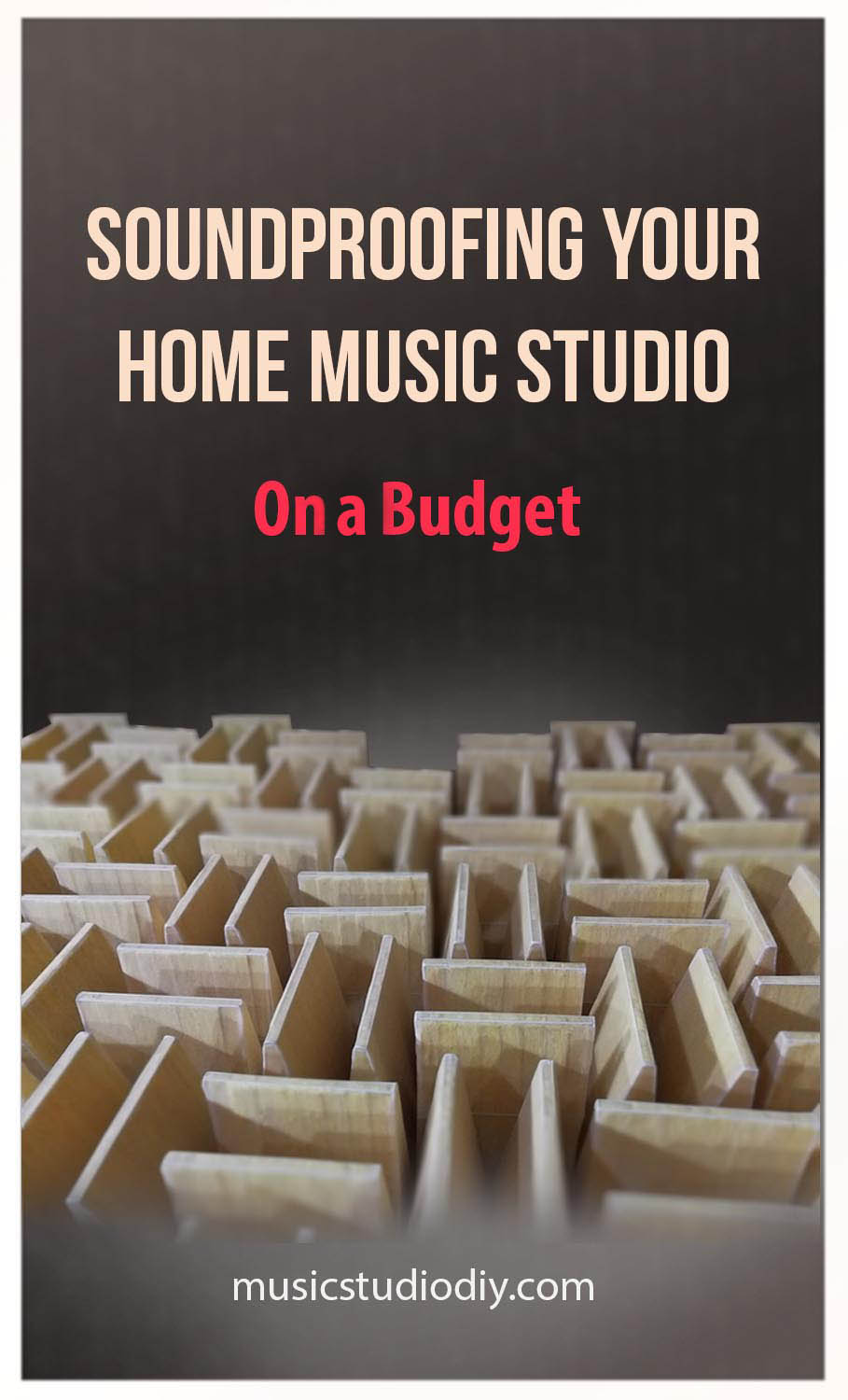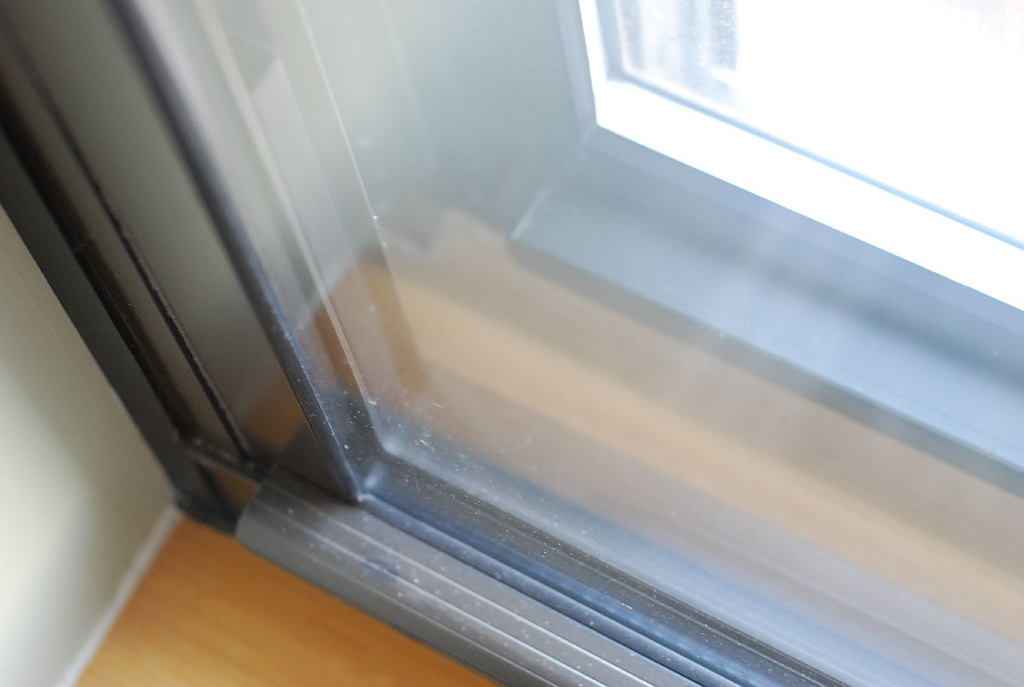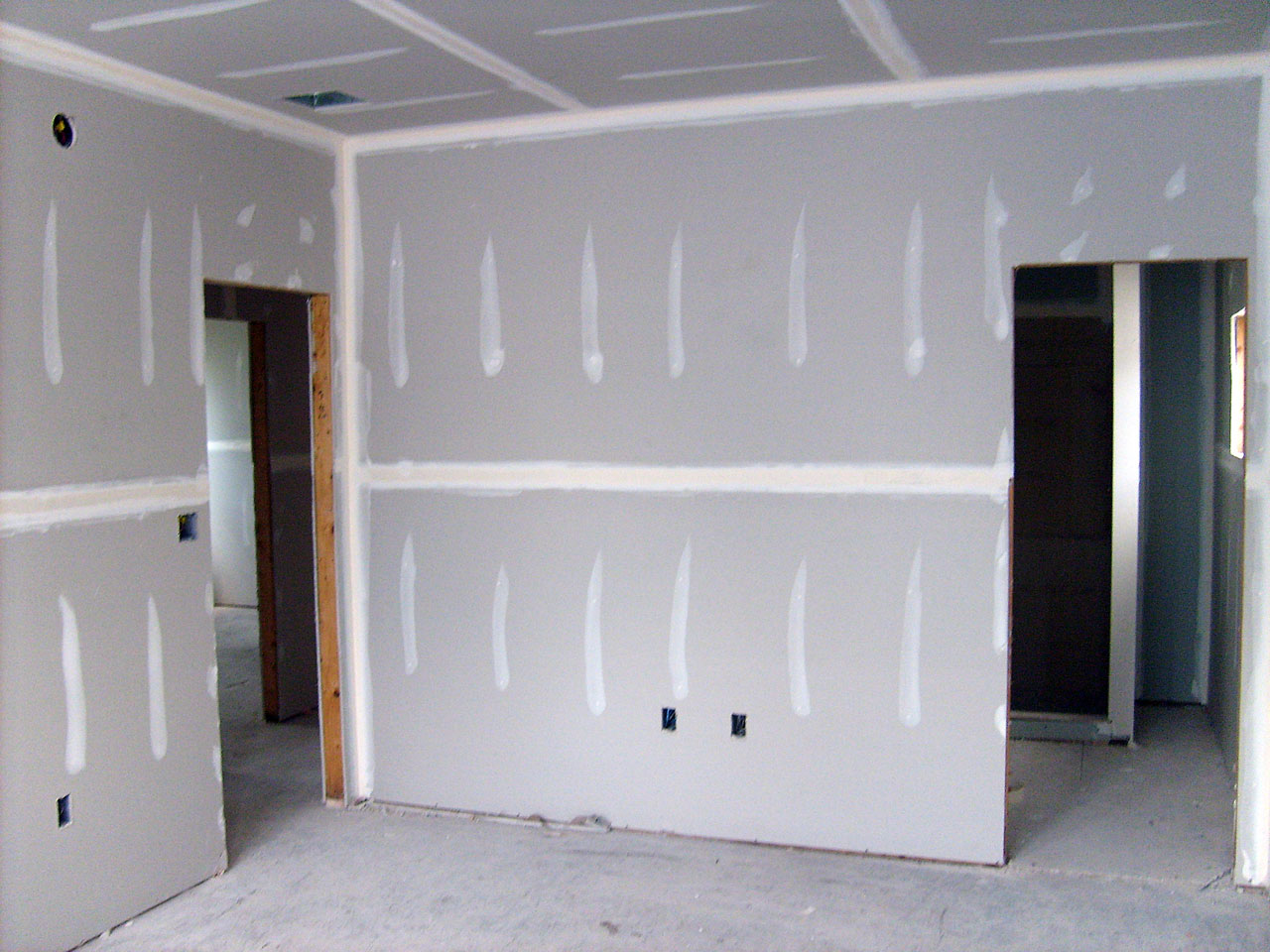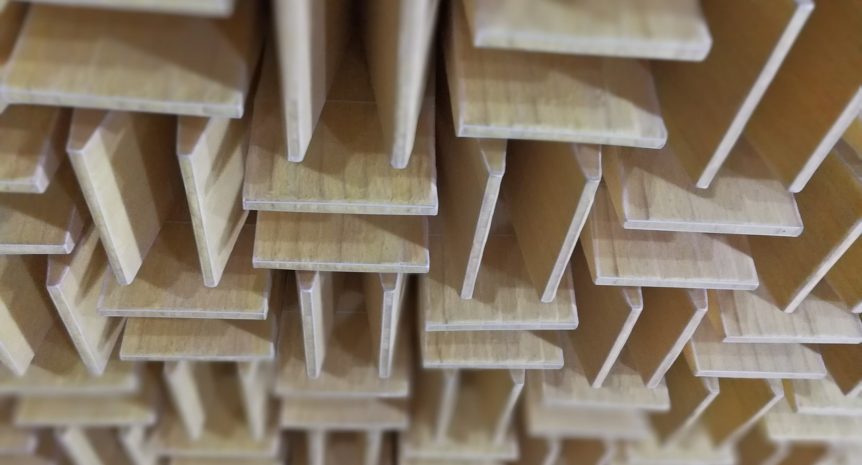 Producing impeccable sound is often the ultimate goal for any music producer. We want to make music that sounds stellar to the ears, and this is a completely understandable desire. And so, to achieve this, aspiring music producers often apply much focus to treating the acoustics of a room. This is all good and well, right? But soundproofing your home music studio is also a task well worth considering.
Producing impeccable sound is often the ultimate goal for any music producer. We want to make music that sounds stellar to the ears, and this is a completely understandable desire. And so, to achieve this, aspiring music producers often apply much focus to treating the acoustics of a room. This is all good and well, right? But soundproofing your home music studio is also a task well worth considering.
We live in a world in which noises abound. It is totally normal. Our city streets do not care for anybody’s peace and tranquility. And because of this, it is easy to let this same callousness take effect in your music studio. The problem here is two-tiered. Either you’re keeping your neighbors and housemates up at night… Or the world’s cacophony trickles its way into your studio… and makes a mess of things.
Soundproofing your home music studio is absolutely critical. So let’s take a look at how we can not only achieve this, but also do it in the most economical way we can.
In this article we will cover the following:
- The Difference Between Soundproofing and Acoustic Treatment
- Why is Soundproofing your home music studio necessary?
- How Does Soundproofing Work?
- How to Soundproof Your Home Music Studio Affordably
The Difference Between Soundproofing and Acoustic Treatment
This is a common question enquired by newbies. The two are very easily confused in terms of functionality, or even mistaken to be interchangeable. The distinction here is between sound insulation vs. absorption. It is important that we make this distinction so we know what we’re actually trying to achieve when soundproofing.
Acoustic Treatment – In a nutshell, this is an application to the studio that improves the quality of recorded sound and your perception of it. Acoustic treatment absorbs undesirable sound reflections emitted by various sound sources in the room. As a result, this would give us enhanced recording and mixing clarity.
Soundproofing – On the other hand, soundproofing blocks out external noises, allowing for a quieter recording environment, untainted by external sounds. Conversely, soundproofing also helps to prevent sounds from escaping your studio and affecting the outside world.
Why is Soundproofing Your Home Music Studio Necessary?

Get as Loud as you want in your studio
The overall job of building a home music studio is often inevitably a costly one. There are many components that go into it. And because of this, it can very tempting to just skip out on this particular aspect. Especially if you’re already getting the quality you want out of the interior of your studio. But… you don’t want to be that guy raising a ruckus for your neighbors… Don’t be that guy.
Beyond that, and perhaps more importantly in terms of your studio recordings, don’t let excess noises of the world pollute your audio quality. Nor should they distract you while working. Soundproofing your home music studio can help prevent the effect of noises from either:
- The World Outside – Cars driving by, kids playing outside… birds chirping, even housemates watching TV in the other room etc. etc.
- The World Inside – the inside of your studio also comes with a plethora of noises emanating from hardware such as computers.
In all, considering how to soundproof your recording studio is a completely relevant factor. And now that we’ve worked all this out, let’s dive into the ways we can affordably soundproof a room.
How Does Sound Proofing Work?
To put it briefly, soundproofing works by doing either the following:
-
- Trapping Air – this would entail sealing off air gaps in places small places that allow noise to trickle through
-
- Decoupling – this the process of building a room within a room. In theory, this is the ideal way to prevent sound from entering your studio. The idea here is that inner and outer rooms are built from heavy solid materials, and are untouching. This air-gap between the two prevents (or at least significantly reduces sound from entering the inner room.
-
- Adding Mass/Damping – This entails adding more density using heavy, solid materials to either doors or walls. This basically makes it difficult for sound resonance to make doors and walls vibrate. The eradication of vibrational energy dissipates further sound radiation.
-
- Absorption – We’ve distinguished between absorption and insulation. They are not the same. However, having some form of absorption (like acoustic panels) can only to some degree assist with soundproofing your home music studio. Basically, as reflections are absorbed, less sound can escape through the room.
How to Sound Proof Your Home Music Studio Affordably
Soundproofing in a small room takes a variety of forms, as there are several places through which sound can infiltrate and also escape. This would refer to aspects such as doors, windows as well as the general filtering of sounds through the walls. Covering all of these base-points would allow for a great insulation of sound that would not hinder recording and workflow. The three primary tactics I will be suggesting that can be used to soundproof, are through Trapped Air and adding Mass, as well as (to a lesser extent) Absorption.
1. Sound Proofing Your Doors
One of the major culprits of infiltrating sound in a studio is none other than the very door you walk through… who’d have thought huh? But jokes aside, doors much like windows, infamously allow external noises to creep in and out through the crevices. Under the door itself as well between the door and frame. Here are some of the things you can do to manage this.
-
- Replace hollow core doors – Ideally, one of the first things you want to do is replace your hollow doors with either a Medium Density Fiber or solid wood door. But this can be a little on the costly so could consider the next step instead.
-
-
Use a Vinyl Adhesive Dampener – if your budget is a little too tight to replace the door itself, there is an alternative. Instead, you could use a type of vinyl adhesive soundproofing material to dampen/add mass to your hollow-core door. A material like the TMS Mass Loaded Vinyl on Amazon would do this job correctly, inhibiting sound from resonating through the door.
-
-
- Seal off the airflow – This is necessary to block sounding between the door and frame. You would need to use either weather stripping or a closed cell foam tape around the door to do this. You can try out this budget-friendly effective Closed Cell Foam Tape here on Amazon to do seal off your doors.
2. Soundproofing your Windows
Windows are another element to consider when soundproofing your home music studio. Besides just shutting your windows, of course, there are other measures to take when soundproofing. Noises can, much like doors, sneak through the little spaces between.
-
-

Soundproofed Window by Christopher Ulrich., Flickr Creative Commons.
Triple-paned Windows – These do come at a slight cost, however, the investment is certain to work and is ideal when it comes to soundproofing. This is a really effective way to prevent those street noises from seeping into your studio. It is also great for not giving your neighbors something to complain about, by insulating your music. Triple-paned windows have a sound dispersing air layer between the glass panes that help effectively insulate sound.
-
-
- Double Glazed Glass – Alternatively, if you’re not feeling the price-point of triple-paned windows, you could opt for double glazed glass that performs a similar function. These also have an air or gas dispersion pocket in between to keep the sound out. Typically, double glazed windows for standard use (thermal insulation) would entail 3mm thick glass panes with a 6mm as pocket separating the two. However, for appropriate soundproofing, a thicker glass and a wider space would be necessary. For example, if you had a 6mm glass pane and another 4mm glass pane, with a 10mm gap between the two, you would have a 56% outside traffic noise reduction.
3. Soundproofing Your Walls
Insulated walls or walls made from brick would, to a large extent, be sufficient in terms of soundproofing. This is especially if you’ve covered the above points relatively well. However, there is always room for improvement when in it comes to soundproofing your home music studio. As far as enhancing the walls of your room is concerned, here are a few effective tips to consider:
-
-

Drywalling for Soundproofing
Add a layer of Drywall – This is a budget-friendly route to take as far reinforcing your sound insulation. However, it can be quite the task and takes a little commitment to time. Drywalling either side of your existing studio walls can make an incredible improvement to sound resistance. All of this would naturally have to take place before moving all your recording gear in. Or, at least, having to move it all out to do the drywalling.
-
-
- Wall Mounted Materials – Alternatively, you could consider this more time-friendly task to do the trick. Properly speaking, drywalling is the ideal here. However, you could also consider using materials that apply to walls such as vinyl barriers that adhere to walls, such as the TMS Mass Loaded Vinyl on Amazon. Or, less effectively (if you’re really on a budget), acoustic tiles that apply to walls. The latter option is less effective as it is more for acoustic treatment rather than soundproofing. You may want to consider combining the tiles with vinyl adhesive for better effect.
4. Filling in Air Spaces
Finally, you need to get into those little nooks and crannies when soundproofing your home music studio. There are always those easily missable spots that let that dreaded noise filter through. Possible little spaces on your window, places that allow air.
For these final little touch-ups, you could consider something like the Green Glue Noiseproofing Compound on Amazon.
Also, you could try out some door bottom seals like the Acoustic Geometry HD Door Seal Kit on Amazon to make the underside of your doors airtight.
So Should you Really consider soundproofing your home music studio?
In a perfect world yes. By all means. However as we have seen here, this is a process that would need a little more of your time if you are taking the DIY route.
Many musicians just starting out would consider soundproofing a mere nice-to-have. They’d consider working around the noises that could infiltrate. However, as we discussed earlier, soundproofing is a two-way process. You also need to think about sound getting out.
Irrespective, do what’s within your means. Remember that pro setups would, in fact, a combination of soundproofing and acoustic treatment. If you’re going for gold, it’s a yes from me.
(Check our article on alternative methods for acoustic treatment here).


